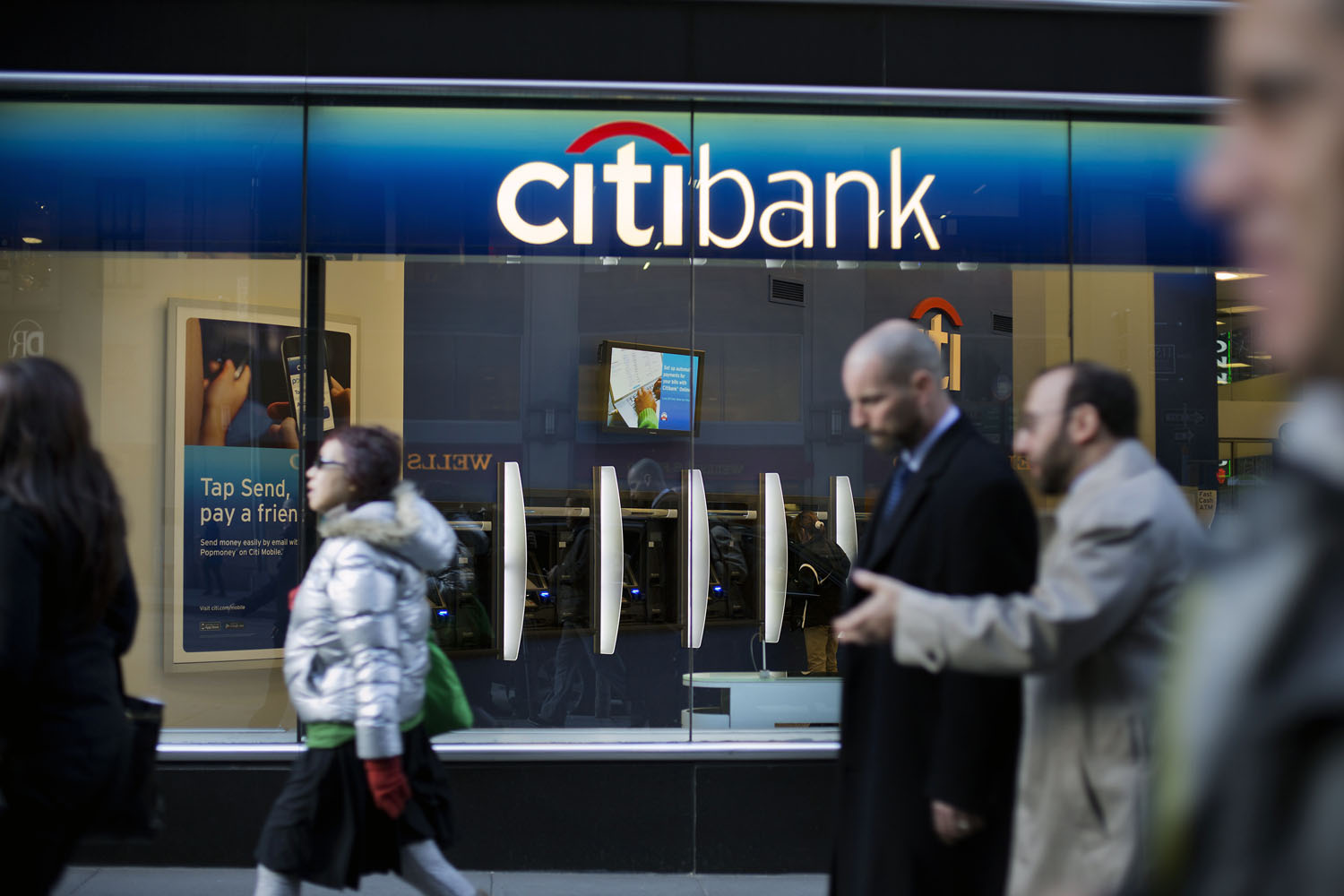
It’s symbolically important that a dozen or so former bank buildings around the country—some road kill from the recession—have been turned into thriving nightclubs. The young adults who frequent these dens would tell you it’s a far better use of the space; they have little interest in banks, period.
You don’t have to look hard to find out why. Millennials have a whole new set of money issues that banks do not address in a relevant way: this generation is loaded with student debt that’s difficult to refinance; grossly underemployed without access to capital to start a business, or three; and hungry for financial guidance that isn’t self serving. Millennials also want to conduct their affairs on a smartphone, not go to a bank branch—ever.
This generation does things differently. Couples are quicker to mingle their financial accounts. They are more likely to piece together a career through four or five jobs. They share cars and apartments. They are ultra connected and enjoy teamwork and collaboration, and value experiences and meaningful employment above high pay. All this has huge and largely ignored implications for banks that just want to issue a mortgage, auto loan, or credit card. From the Millennials’ point of view, they don’t get it.
A third of Millennials say they will lead a bank-free lifestyle in the near future, according to new research from Scratch, an in-house unit of Viacom that consults with brands. Half of Millennials say they are counting on startup firms to overhaul how banks work, and 75% say they would prefer financial services from the likes of Google, Amazon, and PayPal. They expect technology companies to change the industry—not banks.
This is a thunderous warning shot for banks, which Millennials—our largest generation at around 80 million—see as a cookie cutter industry with little interest in innovation or differentiation. A third of young adults are ready to switch banks in the next 90 days; 53% say all banks are the same. Visiting a branch is like getting a root canal: 71% of Millennials would rather go to the dentist than listen to a bank’s message.
With numbers like that you might expect they’d also stay away from former bank buildings—just because. Then again, Millennials may find a level of catharsis partying in places like The Vault in Sacramento, Calif., (formerly Bank of Italy), Capitale in New York (formerly Bowery Savings bank), and Bond in Boston (formerly a Federal Reserve building). It feels a little like grave dancing.
“None of the big banks have made a public shift from selling credit to empowering human endeavor,” says Scratch executive vice president Ross Martin. He believes there is an opportunity for banks that can flip the switch. Millennials grew up believing they were special and could not be stopped. They’ve been pummeled by reality but yet retain a high level of confidence and optimism. According to Scratch research:
“This generation needs someone to bet on them,” says Martin. It’s not enough for a bank to be reliable, trustworthy, green, and community oriented. Bankers need innovative products and services that will help Millennials carve out their unique path to success. They need micro loans and a new way to assess creditworthiness that does not revolve around a single full-time employer. They need impartial counseling on how to save and invest. They’d flock to a bank that felt more like Starbucks or Apple than a hospital operating room.
Rethinking lending and other financial services presents an imposing challenge. Millennials rank the four largest banks among the 10 least loved brands in America, Scratch found. Says Martin: “We’ve never seen numbers like that.” So banks can either figure it out and capture this generation’s heart, or watch the kids dance on their grave.
More Must-Reads from TIME
- Donald Trump Is TIME's 2024 Person of the Year
- Why We Chose Trump as Person of the Year
- Is Intermittent Fasting Good or Bad for You?
- The 100 Must-Read Books of 2024
- The 20 Best Christmas TV Episodes
- Column: If Optimism Feels Ridiculous Now, Try Hope
- The Future of Climate Action Is Trade Policy
- Merle Bombardieri Is Helping People Make the Baby Decision
Contact us at letters@time.com